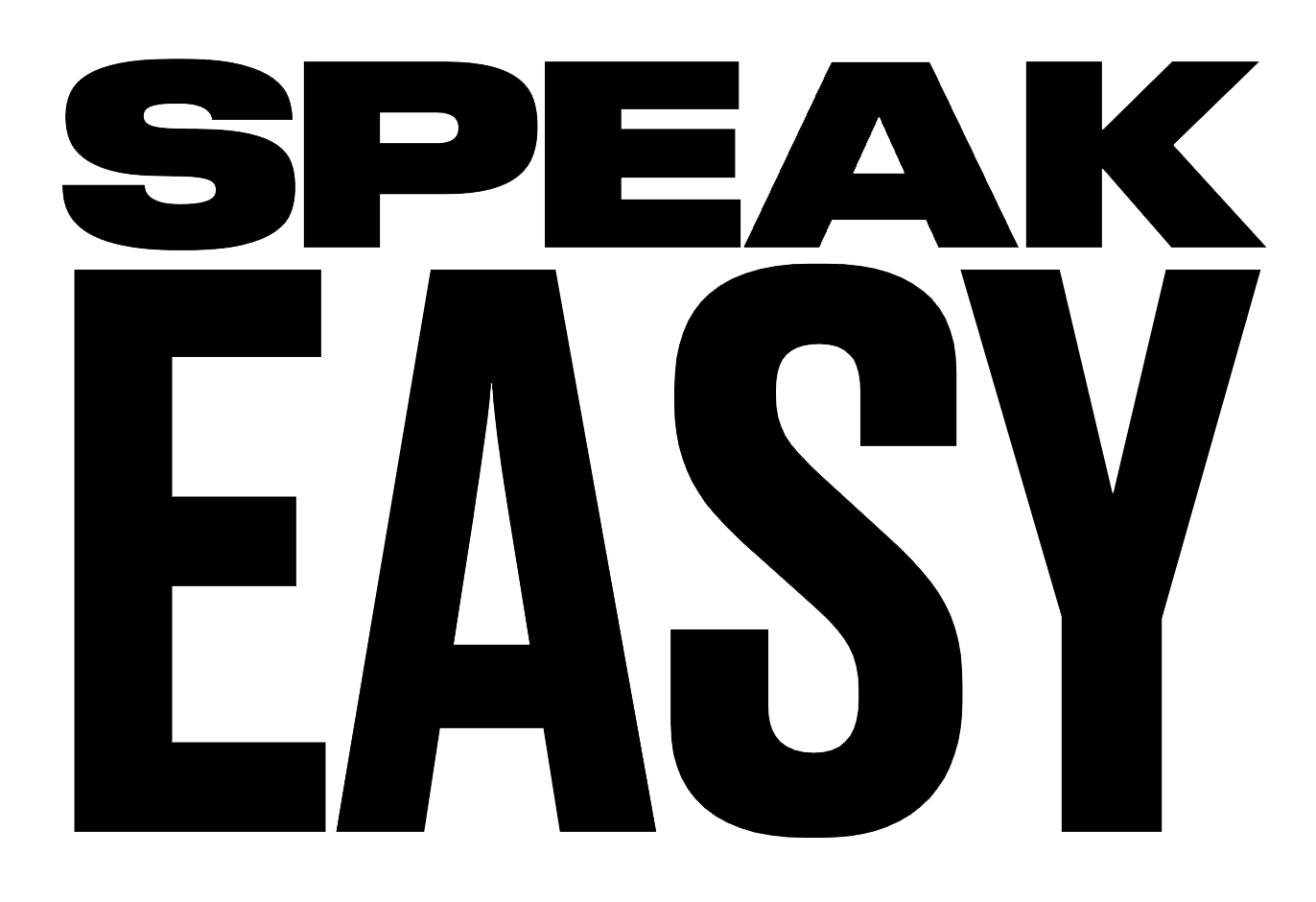Agile Methodology Glossary
Agile Methodology
Incremental Development
In an Agile context, Incremental Development is when each successive version of a product is usable, and each builds upon the previous version by adding user-visible functionality.
Website Development
Information Architecture (IA)
The information blueprint and navigation of a website. It typically includes a site map, wireframes (see definition) for each page and any necessary notations regarding navigation, content and features that will be included on the site.
Agile Methodology
Information Radiators
“Information radiator” is the term for any of a number of visual displays which a team places in a highly visible location, so that all team members can see the latest information at a glance.
Development Operations (DevOps)
Infrastructure-as-a-Service (IaaS)
A self-service computing, networking, and storage utility on-demand over a network.
Agile Methodology
Integration
“Integration” (or “integrating”) refers to any efforts still required for a project team to deliver a product suitable for release as a functional whole.
Development Operations (DevOps)
Integration Testing
Testing that occurs after unit testing, but before validation testing, where individual software components are combined and tested as a single group to ensure they work as a whole.
eCommerce
Inventory
Inventory is a retailer’s or ecommerce store’s products on hand, waiting to be sold.
Agile Methodology
INVEST
The acronym INVEST stands for a set of criteria used to assess the quality of a user story. If the story fails to meet one of these criteria, the team may want to reword it.
Website Development
IP Address (commonly referred to as an IP)
is an address that identifies a computer on the Internet. IP addresses consist of four groups of numbers separated by three dots. For example: 216.22.48.225
Website Development
ISP (Internet Service Provider)
a company that provides access to the Internet and other Internet services.
Development Operations (DevOps)
Issue Tracking
A process that allows programmers and quality assurance personnel to track the flow of defects and new features from identification to resolution.
Agile Methodology
Iteration
An iteration is a timebox during which development takes place. The duration may vary from project to project and is usually fixed.
Agile Methodology
Iterative Development
Agile projects are iterative insofar as they intentionally allow for “repeating” software development activities, and for potentially “revisiting” the same work products (the phrase “planned rework” is sometimes used; refactoring is a good example).
Technology Services
ITIL
ITIL, which stands for Information Technology Infrastructure Library, is a framework of best practices for managing IT services within an organization. It provides a structured approach to planning, designing, delivering, and improving IT services to align with business needs and achieve optimal value.
Website Development
Java
Developed in the 1990s and still the most in demand language, Java is the gold standard in web development all over the world, in every area. It’s object oriented, class based and works on any platform, making it extremely versatile. If you want to make your safe employable to pretty much every tech company in […]
Website Development
JavaScript
A front end language used for creating and developing websites, desktop apps and games. JavaScript runs on all browsers and can be worked with on programs that are not web based. It supports both functional and object oriented programming styles, and is basically your go-to for making stellar user interfaces and websites/apps/games that look super […]
WordPress CMS
Jetpack WordPress
Jetpack is the core WordPress all-in-one plugin that includes modules for security, website backups, site search, social links and more.
WordPress CMS
JPG, PNG, GIF, WebP and SVG
JPG, PNG, GIF, WebP and SVG are all image file formats. While similar (they display images) each has a time and place, and I would suggest you read this article on which image file type to use to better understand each formats’ purpose.
Agile Methodology
Kanban
The Kanban Method is a means to design, manage and improve flow for knowledge work and allows teams to start where they are to drive evolutionary change.
Agile Methodology
Kanban Board
A Kanban Board is a visual workflow tool consisting of multiple columns. Each column represents a different stage in the workflow process.
Web3
Key
See public key, private key

